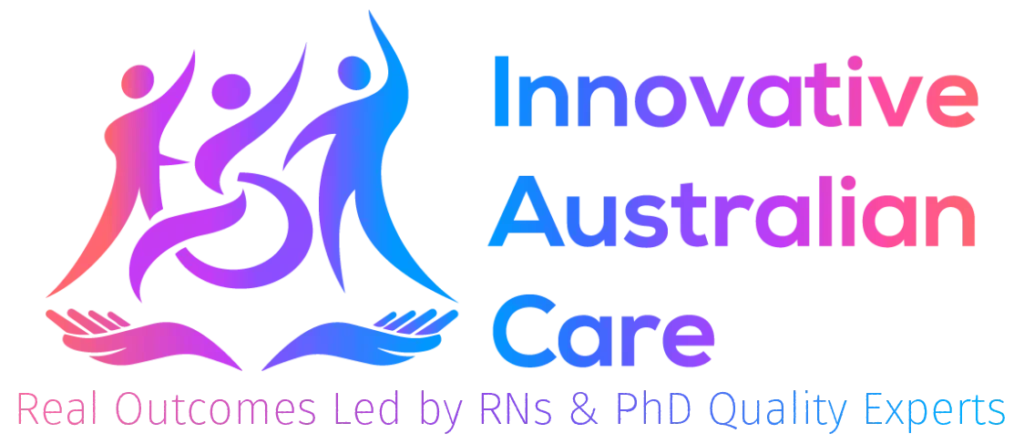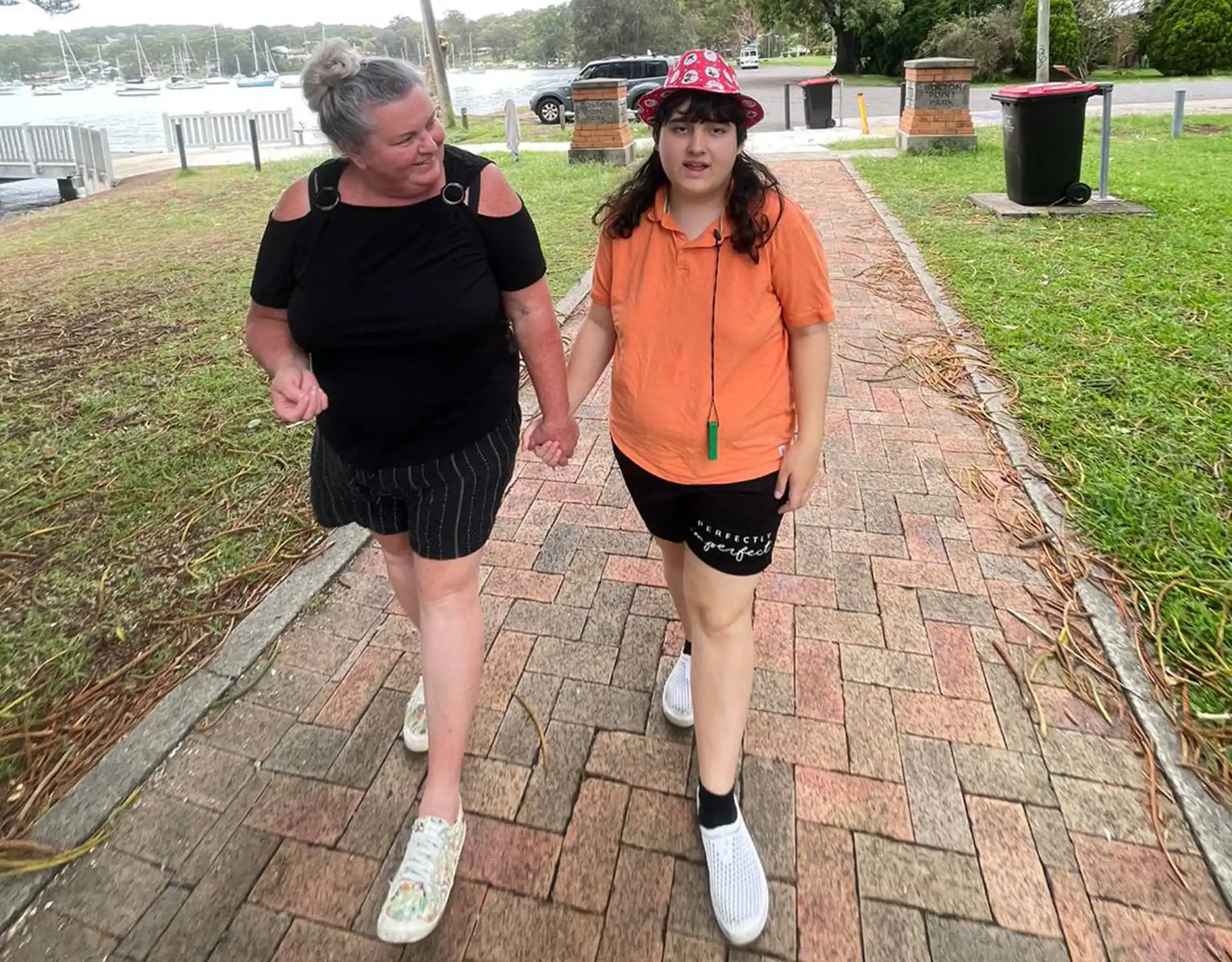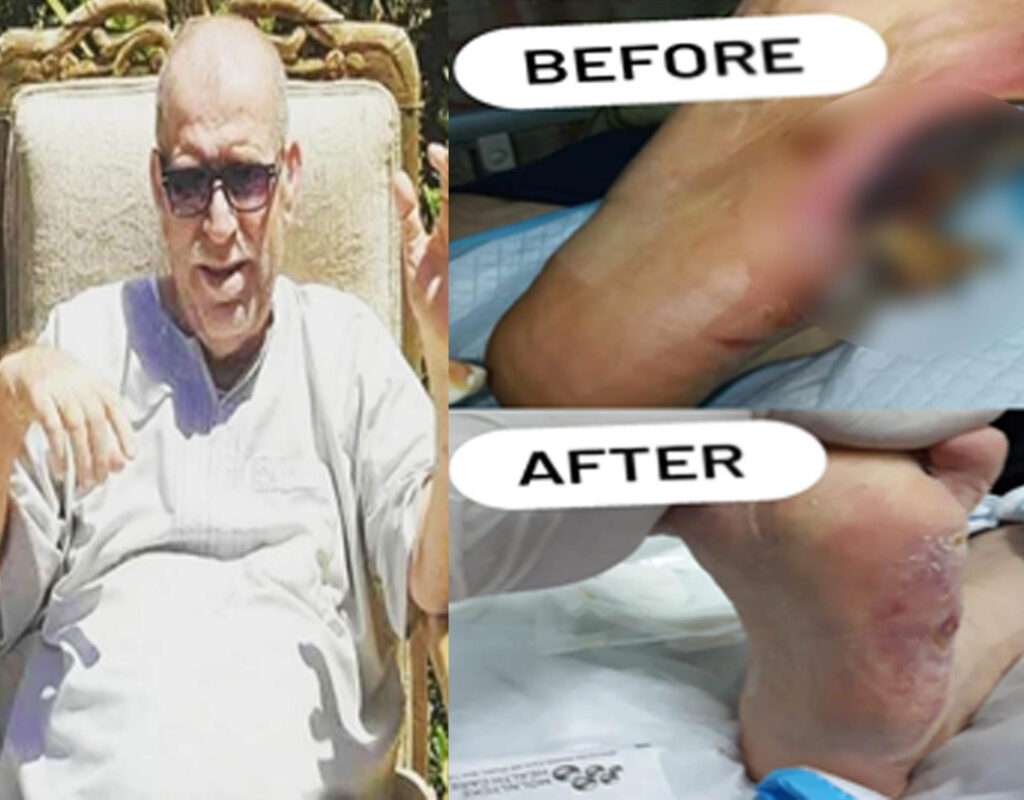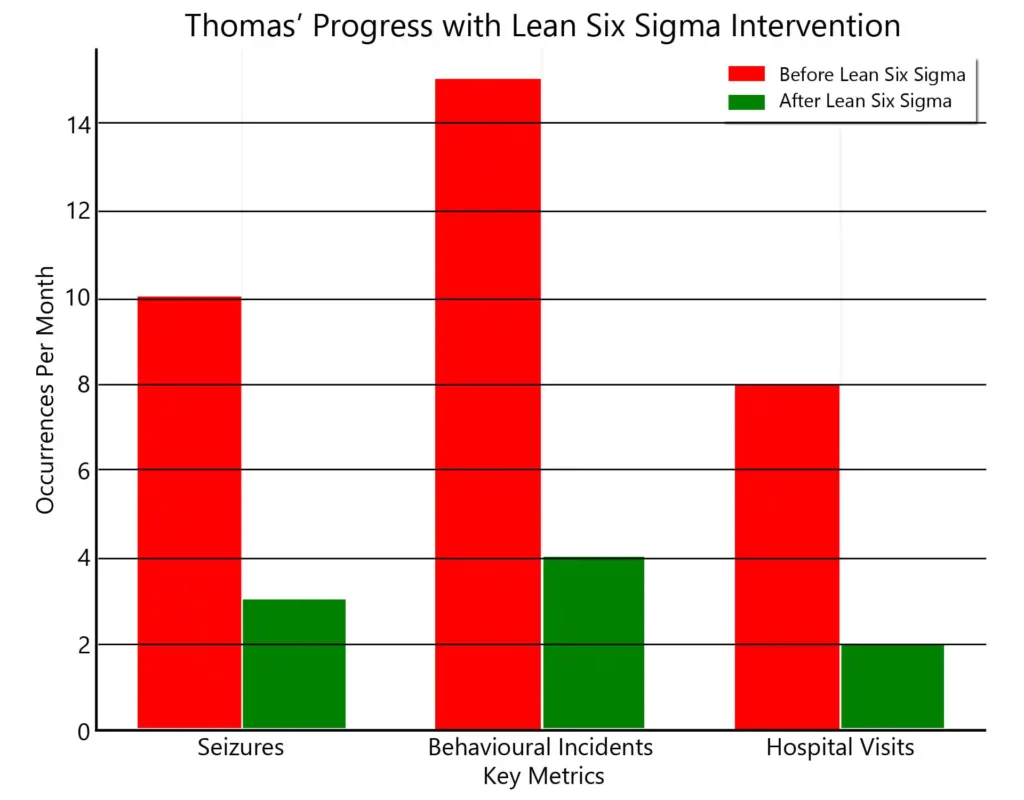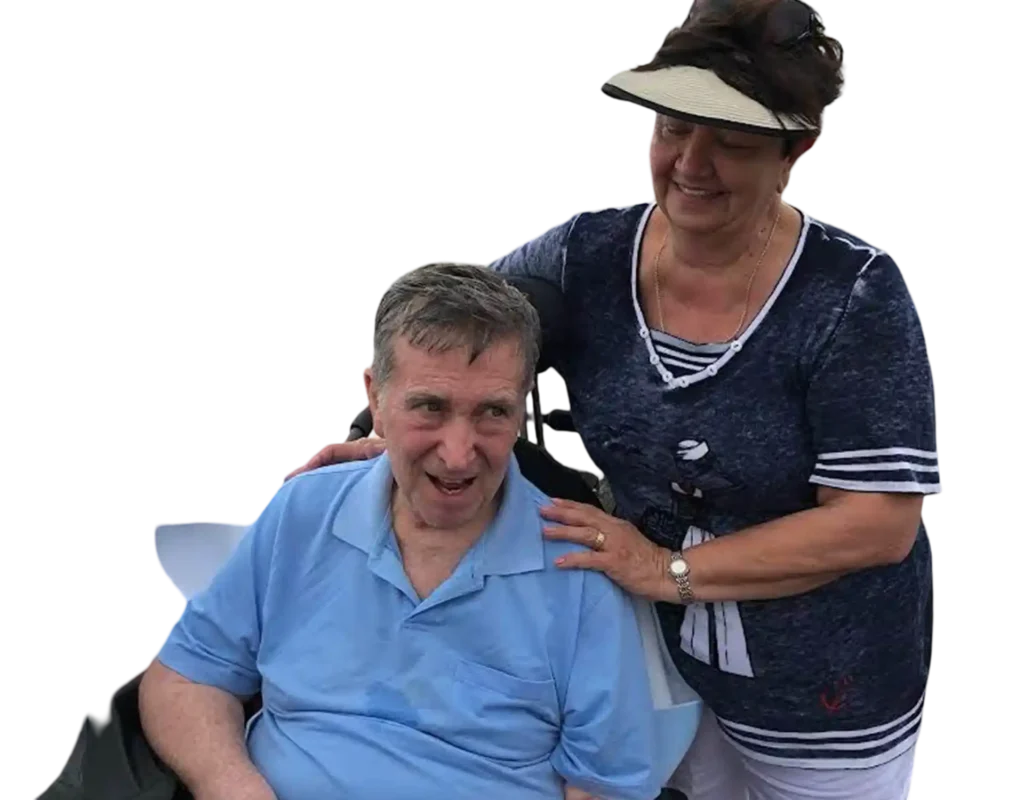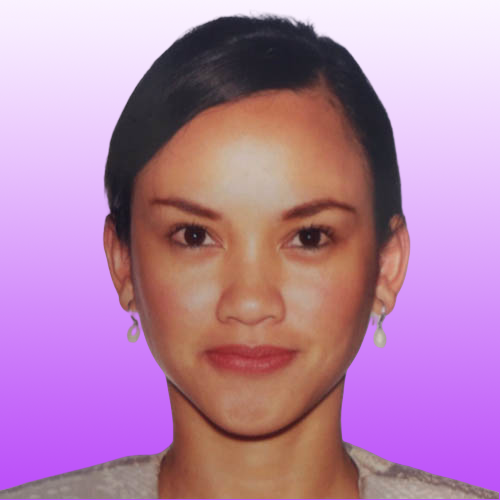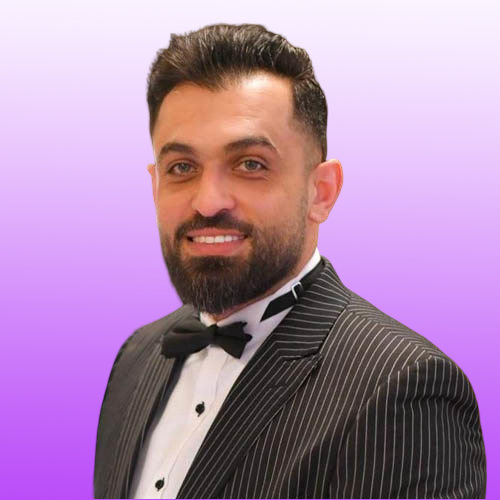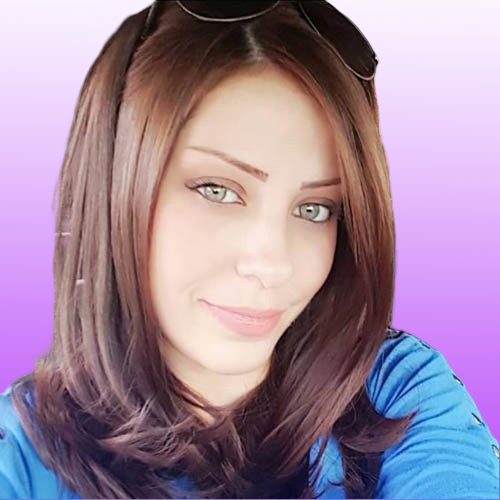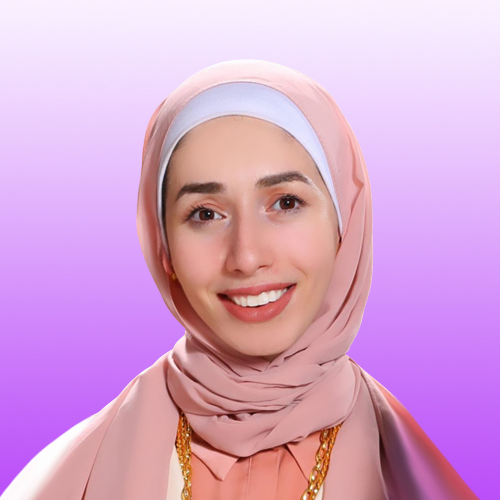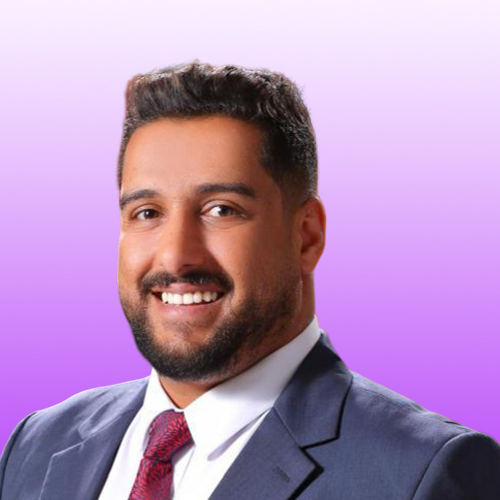When a young child struggles to communicate, the world can feel overwhelming, for both the child and their family. For 12-year-old Romona, who lives with Autism Level 3 and ADHD, daily life was filled with emotional turbulence, physical self-harm, and challenges with routine and diet.
Non-verbal and sensitive to sensory stimuli, Romona would bite her hand when distressed, often causing injury. Despite the use of both chemical and mechanical restrictive practices, previous supports weren’t meeting her needs. That’s when Innovative Australian Care (IAC) stepped in, with patience, purpose, and a plan.
The Challenge: Intense Needs in a Sensitive Mind
Romona’s behaviours reflected deep unmet needs and emotional overwhelm. She struggled with:
- Expressing emotions safely
- Engaging in activities
- Following healthy routines
- Regulating her environment
Her family needed more than just care, they needed a team that truly understood complex paediatric disability and could transform challenge into progress.
How IAC’s Expert Care Made the Difference
IAC implemented a 2:1 Specialist Support Model, ensuring that two trained staff were always available to help Romona feel safe and seen. We used our Lean Six Sigma care approach to get to the root of her challenges and build a tailored plan focused on strengths and emotional regulation.
Behaviour Trigger Identification
Using Lean Six Sigma tools, we identified emotional and sensory triggers that were escalating her behaviours, allowing us to take a proactive, rather than reactive, approach.
Structured Positive Behaviour Support Plan
With her Behaviour Support Practitioner, we designed emotional regulation strategies and environmental changes to reduce distress.
Multidisciplinary Collaboration
We worked closely with her Specialist Support Coordinator, family, and therapy team to deliver a seamless, consistent care experience.
2:1 Specialist Staffing Model
Romona received around-the-clock support from highly trained, compassionate staff, building trust, predictability, and safety.
Daily Monitoring & Adaptive Planning
By tracking behaviours, triggers, routines, and responses, we continually refined her care plan to ensure lasting improvements.
Sensory-Based Activity Engagement
Romona now enjoys calming, confidence-building activities like beach walks, swimming, and time in nature, helping her connect with herself and others.
The Results: A Happier, Healthier Life
After consistent, structured, and empathetic support, Romona’s life looks completely different:
- 90% reduction in self-harming behaviours
- Improved emotional regulation and fewer injuries
- Greater engagement in sensory and social activities
- Healthier eating and consistent medication adherence
- Increased trust in support workers and better connection
- A predictable daily routine that benefits the whole family
“I am very happy with your services. My daughter has been well cared for and supported. I would love to send her to your respite care during the upcoming school holidays.” – Romona’s mum
Complex Needs Deserve Compassionate, Tailored Support
Innovative Australian Care specialises in high-complexity support that’s backed by data, delivered with heart, and designed to create real change. Romona’s story is one of many showing that, with the right approach, children with intense needs can not only feel safe, they can truly thrive.
Looking for personalised care for your child? Let’s talk. We’re here to help.
